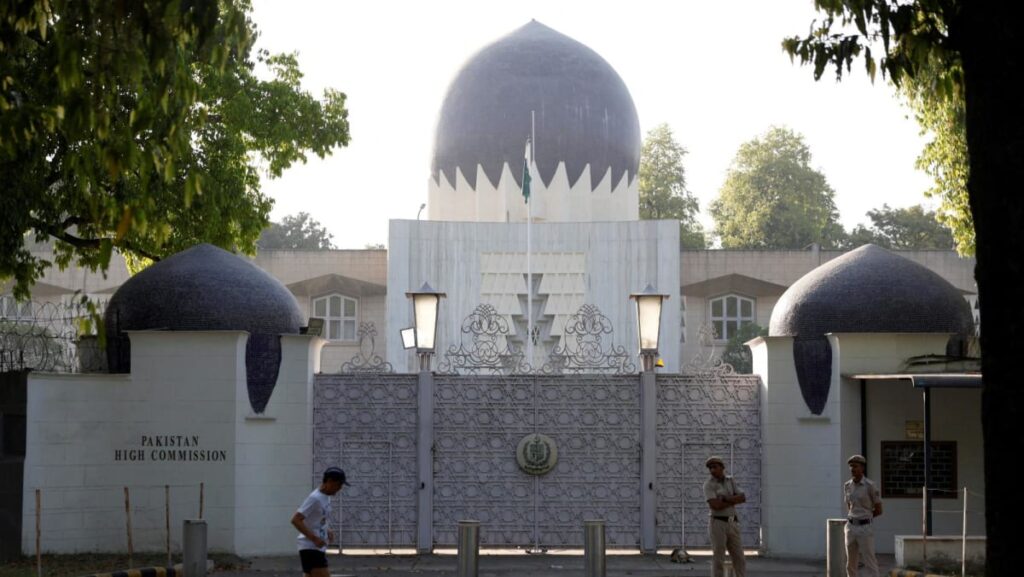1998-99: NUCLEAR WEAPONS AND KARGIL CONFLICT
Pakistan conducts its first public nuclear weapons tests in 1998, following India, which first conducted tests in 1974.
Pakistan-backed militants cross into Indian-administered Kashmir in 1999, seizing military posts in the icy heights of the Kargil mountains.
Raja Mohammad Zafarul Haq, a leading member of Pakistan’s ruling party, says his country will not refrain from using nuclear weapons to protect its security if necessary.
Pakistan yields after severe pressure from Washington, alarmed by intelligence reports showing Islamabad had deployed part of its nuclear arsenal nearer to the conflict.
Pakistan’s then prime minister Nawaz Sharif blames army chief Pervez Musharraf for igniting the conflict, which killed at least 1,000 people over 10 weeks, without his knowledge or approval. Musharraf overthrows Sharif in a coup months later.
2008-PRESENT: MUMBAI ATTACKS AND MODI
Islamist gunmen attack the Indian financial hub of Mumbai in 2008, killing 166 people.
India blames Pakistan’s intelligence service for the assault and suspends peace talks. Contacts resume in 2011, but the situation is marred by sporadic fighting.
Indian Prime Minister Narendra Modi makes a surprise visit to Pakistan in 2015 but the diplomatic thaw is short-lived.
A 2019 suicide attack kills 41 Indian paramilitary troops in Kashmir and prompts Modi to order airstrikes inside Pakistan.
The resulting stand-off between the two nations is swiftly defused and Modi is re-elected months later, partly on a wave of nationalist fervour spurred by the military response.
Later, Modi’s government cancels Kashmir’s partial autonomy, a sudden decision accompanied by mass arrests and a months-long communications blackout.
In 2021, both nations reaffirm a 2003 ceasefire, but Pakistan insists that peace talks can resume only if India reinstates Kashmir’s pre-2019 autonomous status.
Read the full article here
